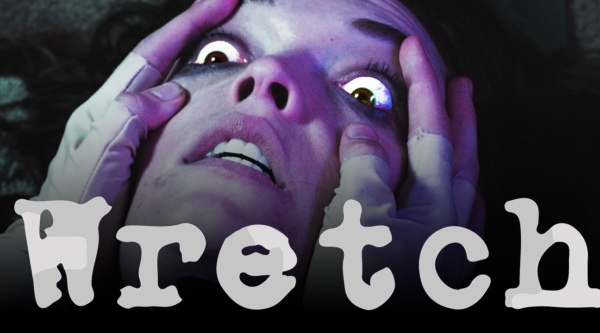
Psychedelics can be wonderful tools for liberation, but they can also create nightmare scenarios for someone tripping in an uncomfortable set and setting, or perhaps working through some complex emotion and trauma. If you ever find yourself guiding someone through a difficult trip, MAPS founder Rick Doblin advises this approach: “Talk through, not talk down.”
The veteran psychedelic researcher and psychonaut shared the nugget of wisdom during a wide-ranging, in-depth conversation with our resident psychedelic investor James Halifax, who asked about the Multidisciplinary Association for Psychedelic Studies starting a psychonaut training program based in part on psychedelic harm reduction principles.
As of now, it’s only briefly referenced on the organization’s website listing resources available for those who want to receive training in psychedelic-assisted therapy. But Doblin confirms the program is in development and will launch in areas of North America where psychedelics have been decriminalized.
“In a lot of places, plant psychedelics, in particular, are becoming decriminalized. So, we want these drug policy reform efforts to work out very well,” he explains. “And if people have a lot of difficult trips, and they don’t know what to do in these areas and jurisdictions, it could be a problem.”
“So, we have a training program called the psychonaut training, that is going to be for 15-16 hours, with a certificate, with a bunch of exercises and stuff, and sort of the basics in training people to help others in terms of peer support, but also planning their own experiences if they want to do it,” he continues. “So, we’re not saying, we’re training you that you should be doing this, but we’re saying if you do want to do this, here’s things to keep in mind.“
“One of the biggest things: talk through, not talk down,” Doblin says. “You don’t try to say, ‘Oh, the world is filled with butterflies and unicorns and flowers.’ And you know, ‘Don’t worry, it will all get better, it’s going to be over soon.’ And instead you say, ‘What’s bothering you? Talk through it. Let’s express it. And if it’s fear, let it go. Let it out.”
Doblin has dedicated his life to psychedelic exploration, through a mix of research, therapy and activism, since experimenting with LSD in college and then having his first taste of MDMA in the 1980s, which would lead to the launch of MAPS in 1986. Now, 35 years later, we’re seeing the fruits of his team’s long labor of love.
The first MDMA Phase-3 clinical trial ever approved by the FDA showed the medication—when paired with psychotherapy—greatly reduced the severity of post-traumatic stress disorder (PTSD). Two months after treatment, 67 percent of participants who received MDMA no longer experienced symptoms of PTSD. Provided the second Phase-3 study proves just as effective, Doblin’s dream of legalizing MDMA for therapeutic benefit should be granted by the FDA within the next two years.
“As of the beginning of 2022, we’ve accrued 73 out of 100 people in the second Phase-3 study,” Dobin says. “In May of this year, we will have what’s called the interim analysis, where 60% of them have reached their primary outcome measure, and all 100 have been enrolled. The study will be done in October, and that’s what will have the final data analysis.”
“We think in less than two years, we should have FDA approval for the prescription use of MDMA in Israel, Canada, and the United States,” he adds. “Possibly also Australia, and maybe England. Europe, we think will be a year behind or so, the end of 2024. And from that, we think that we’ll be able to globalize and get approval in most of the rest of the world.”
Enjoy the entire interview with Rick Doblin below.





